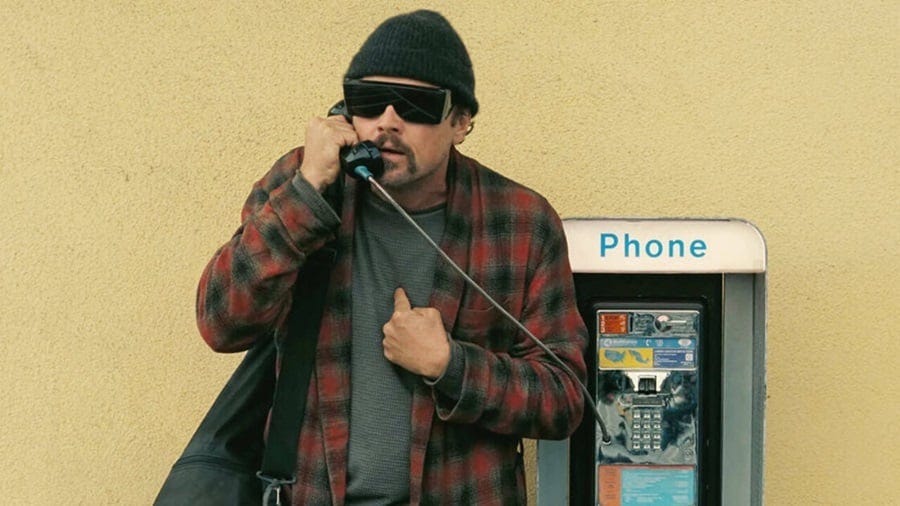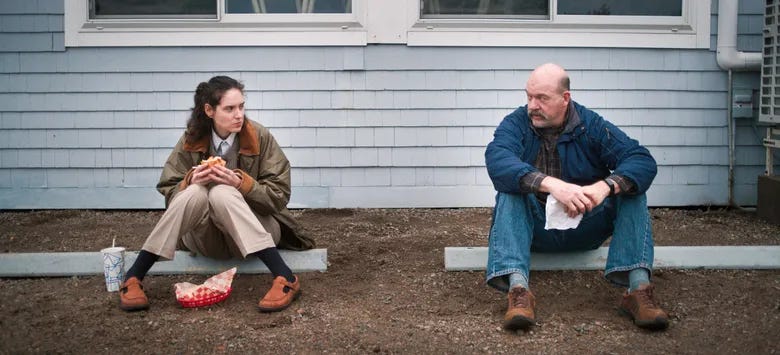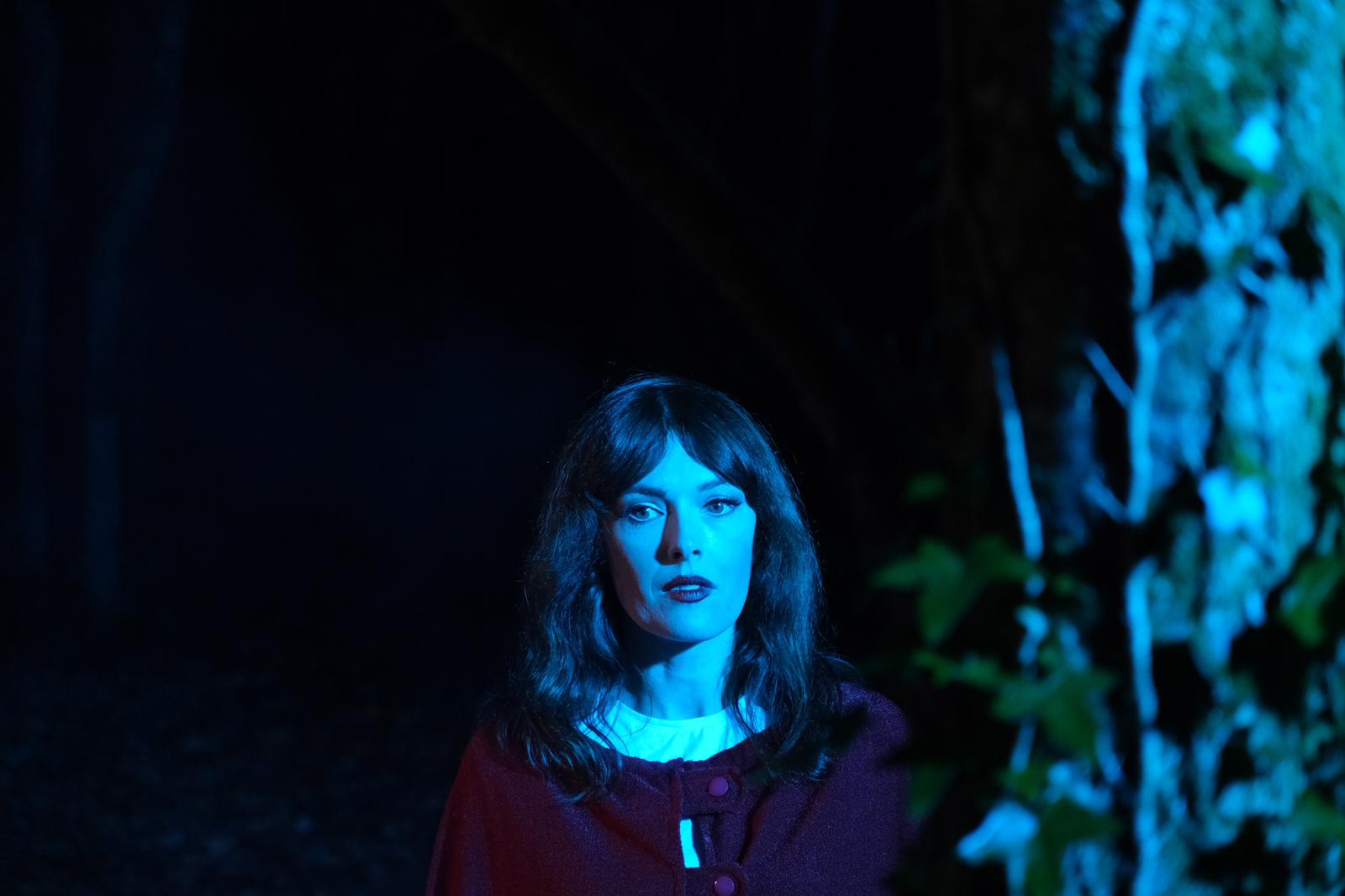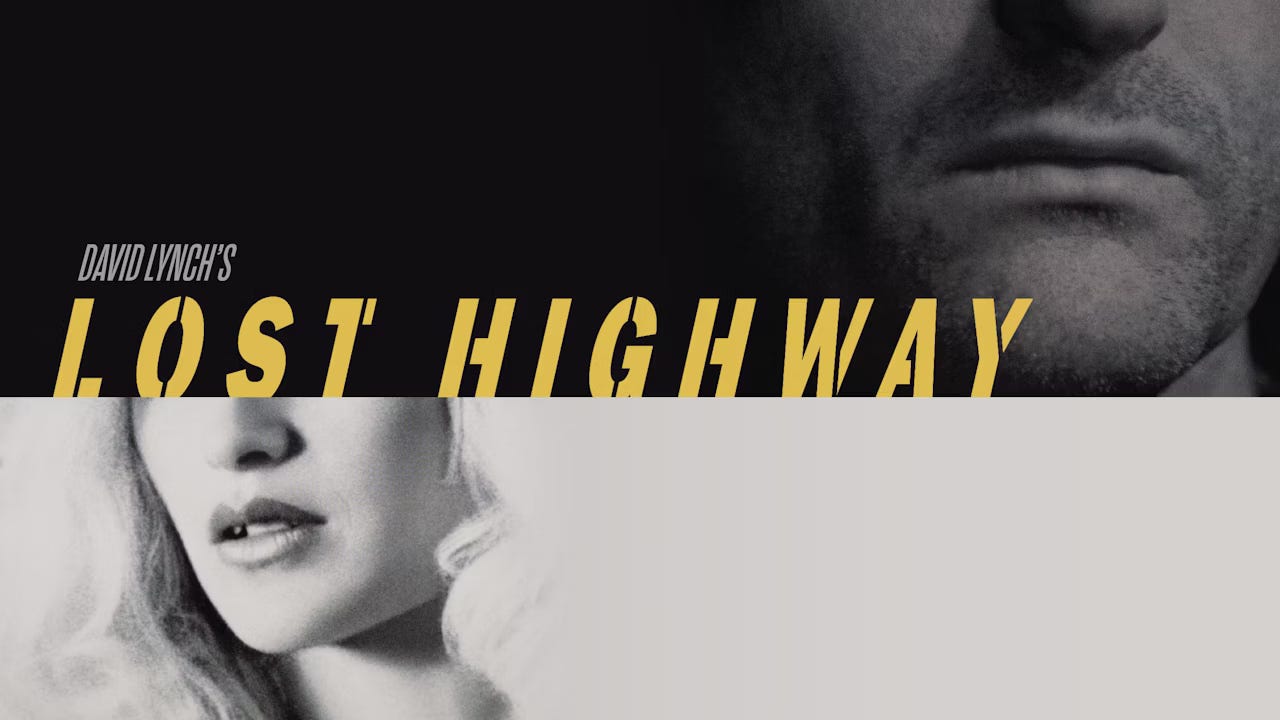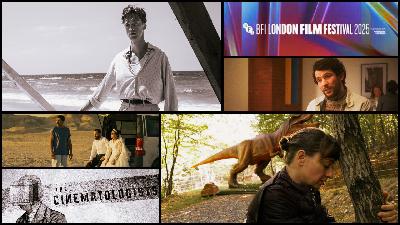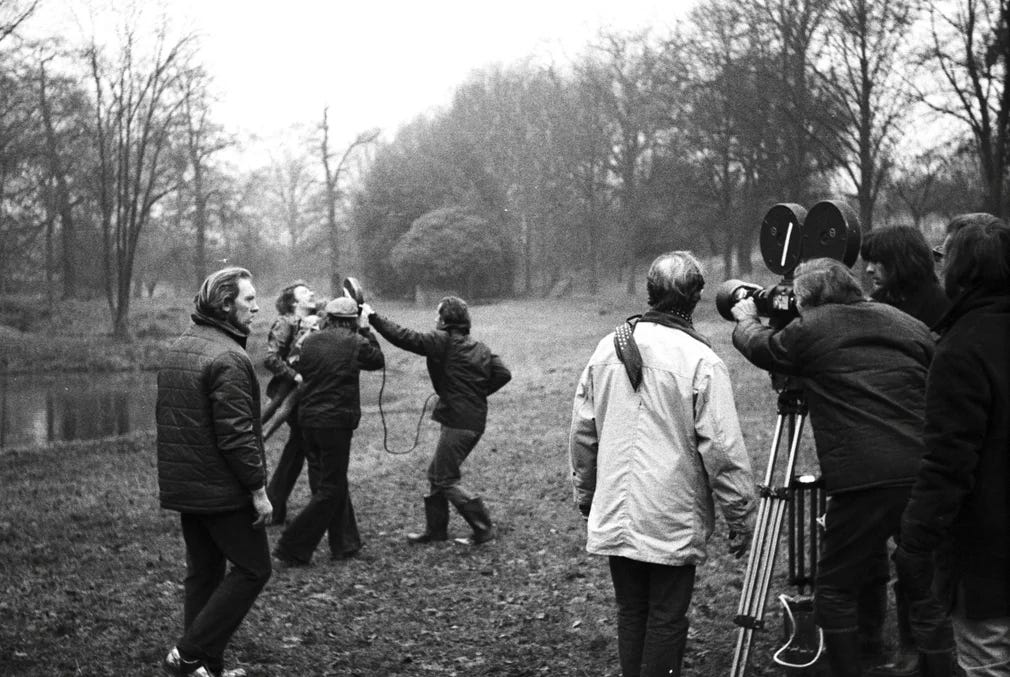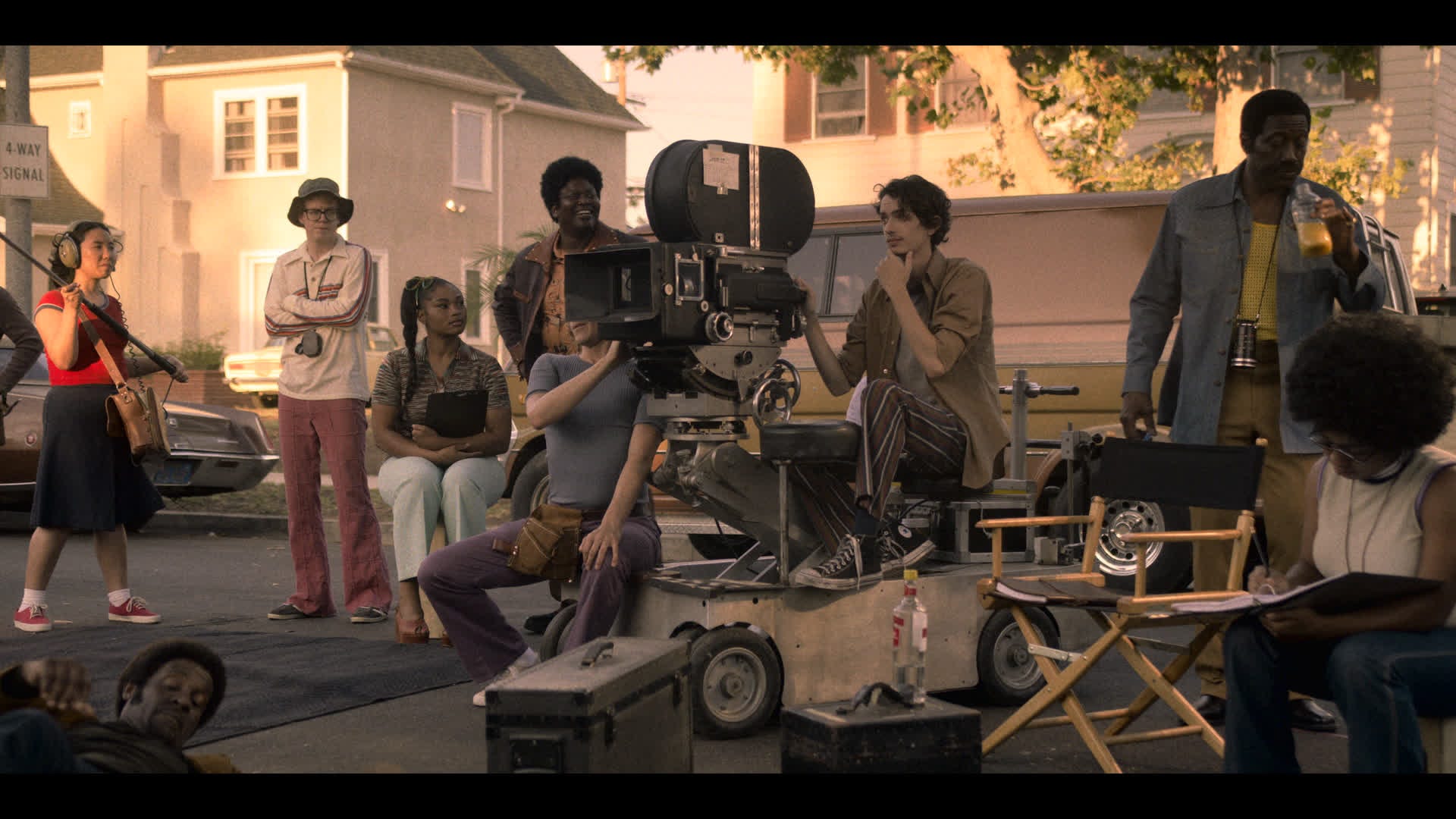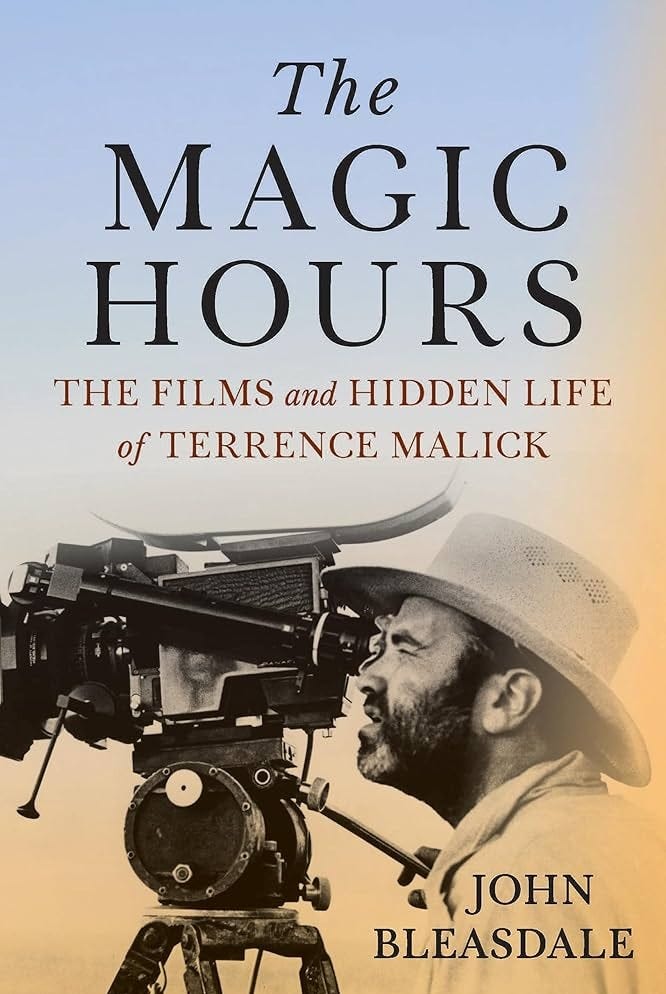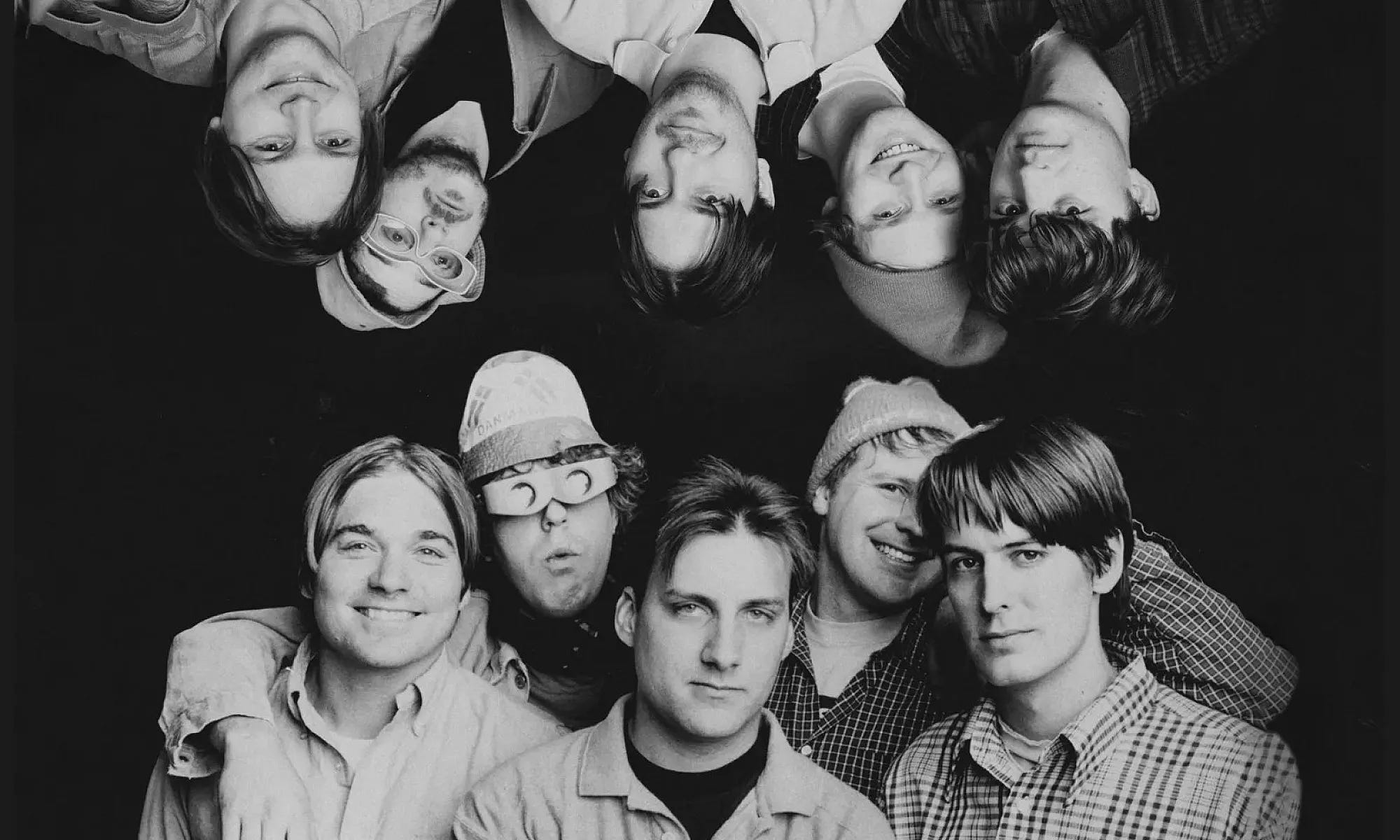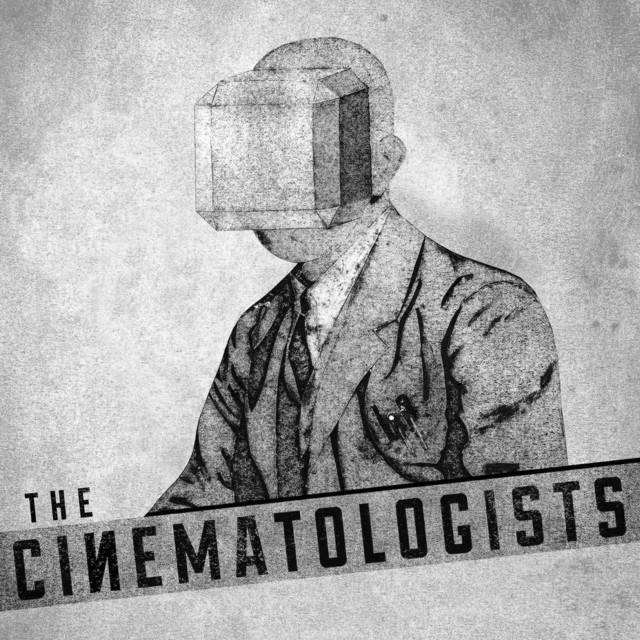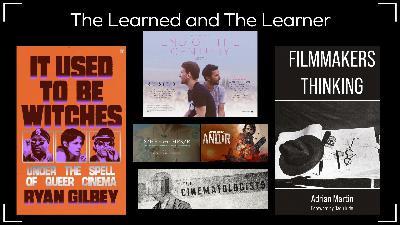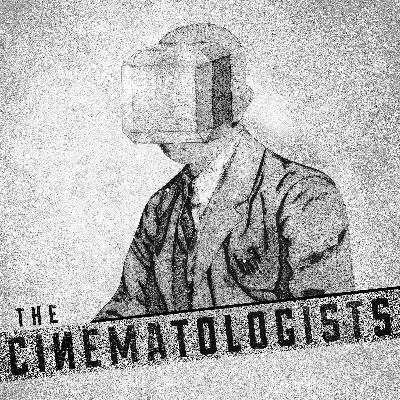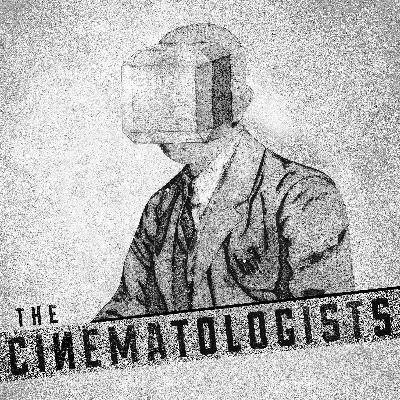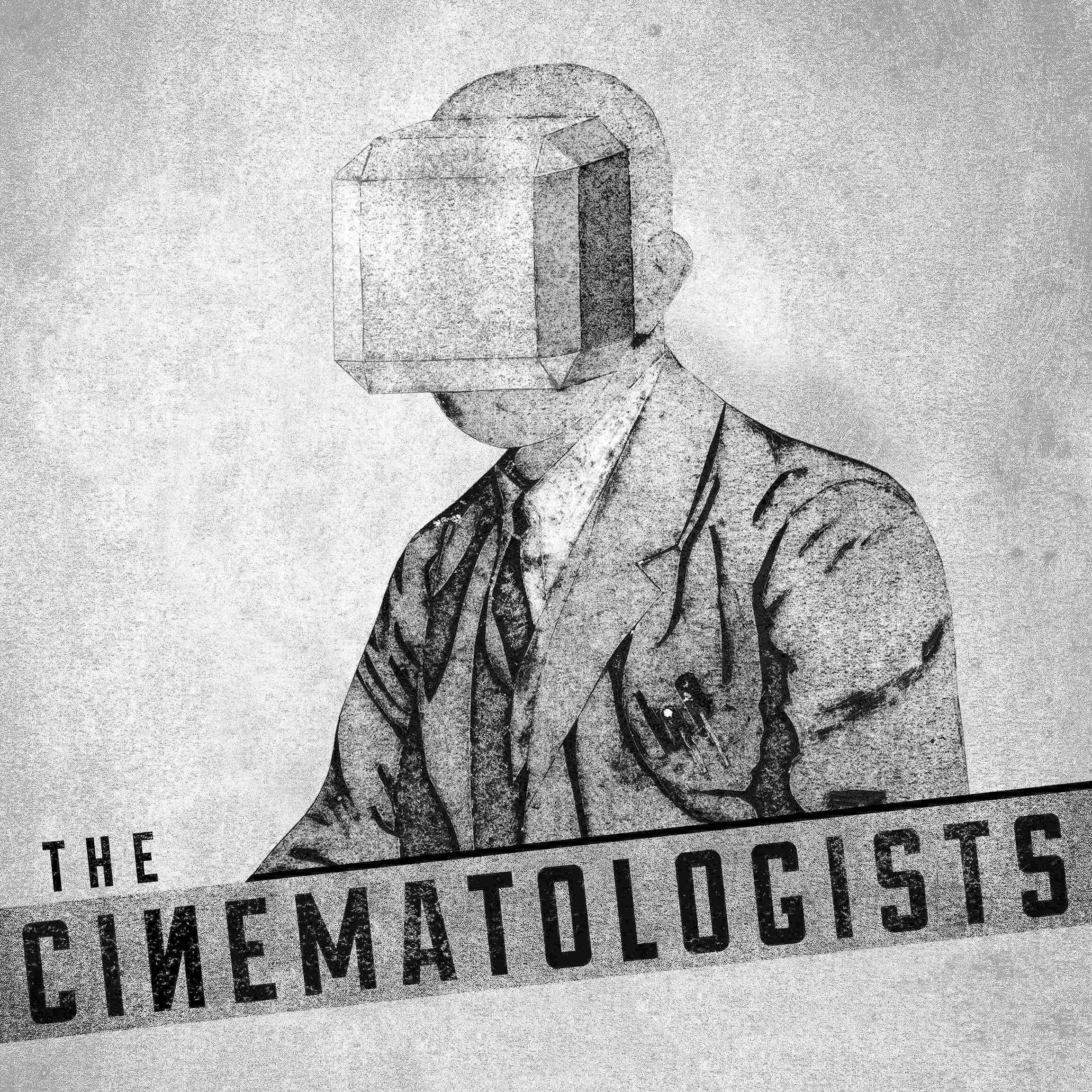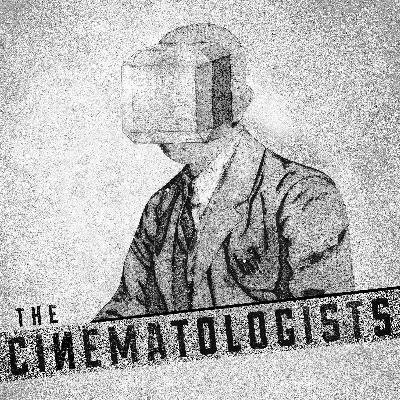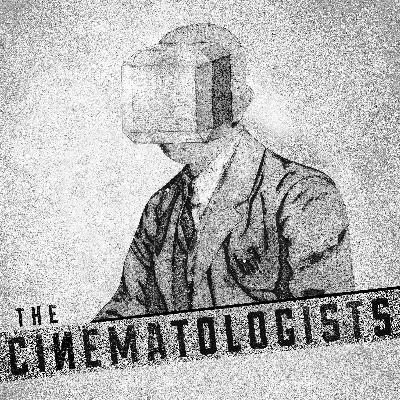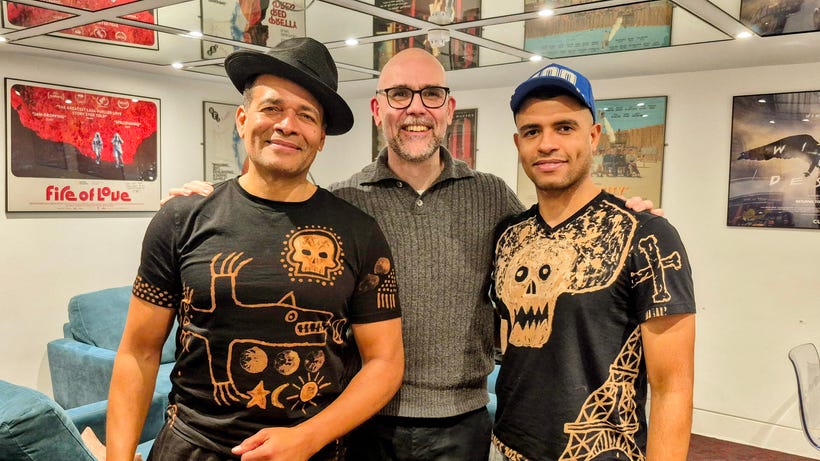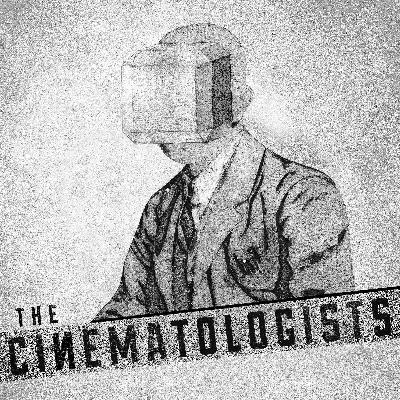PTA's latest, Redford reflections and some big podcast news
Description
We are back! Season 22 kicks off with a stellar, loose, multi-layered, melancholic, heated and nervy, shambling odyssey of an episode, which befits the central discussion, centred as it is around the release of Paul Thomas Anderson’s One Battle After Another.
The timing of the release of the new PTA is fortuitous as he is a filmmaker that we have circled around over the years, given my love for the filmmaker, as well as his place in contemporary American cinema. It’s also good timing as the film has found itself lodged at the centre of film discourse in so many ways since its release last Friday (September 26th).
Before we get into it, looking in depth at the film and the conversations and reactions it has provoked, the episode starts with a bang, of an announcement about the future of the podcast (no spoilers here), followed by a short ode to one of the great screen actors of all-time, Robert Redford, and how we have marked his passing in terms of their viewing choices. Their chat covers what made Redford such a unique, enigmatic Hollywood star, his on and off-screen legacies, including a lovely anecdote from Dario about seeing his final film, David Lowery’s The Old Man & The Gun (2018) at the London Film Festival.
The second-half of the episode is given over to One Battle After Another. We unpack my love of PTA and how that informs his viewing of his films when they are released and the film’s approach to form and how it relates to the original text that inspired it, Thomas Pynchon’s Vineland, which feels like a stronger source text than some reporting suggests. We go on to explore how Pynchon and PTA share a sense of juxtaposing zaniness with bone deep sadness at the way America is and has been, as well as what makes the cinematic spectacle and theatrical experience of the film so magnetic and rewarding.
Then there’s the conversation around the film, that flows from the above but is contextual. They talk about the ‘takes’ and responses to the film, where critique feels valid and where it feels misguided. Much of this centres around the ideas of what a Hollywood film can and should do in terms of being revolutionary, and indeed what any film created in a capitalist structure can do, but also we unpack how the film might be read as a comment on revolutionary Cinema, what happens to revolutions over time, the ongoing revolution of resistance to white American control, and the impact of white revolutionaries in fights that they have the privilege of being able to walk away from to a large degree. And also, why this film, despite its incredible dynamism and grotesque operatic performances, is so damn sad.
And if that whets your appetite for this season, we have you covered, this is just the beginning. From here, it’s one podcast after another. Sorry. Couldn’t resist. (NF)
This is a public episode. If you'd like to discuss this with other subscribers or get access to bonus episodes, visit dariollinares.substack.com/subscribe

